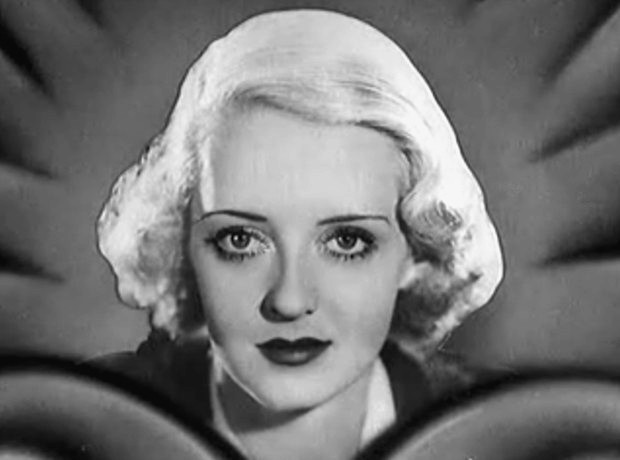13 Feb 2011 12:26
Diseases, and Numbers, and Bears! Oh, My!
Posted by Steve under Health , Research Studies , Statistics , VulpigerationComment on this post
The American Stroke Association is having a conference in Los Angeles (near Hollywood) this week. The disease-ridden news coming out of that conference is full of numbers, so reporters are cooking up bigger-than-usual batches of scare.
Yesterday’s stroke news was an unjustified scare about stroke and younger people.
Today’s stroke news: “Is The Oscar Ticket to Heart Attack, Stroke?”

.jpg)

According to a recent study by UCLA researchers, 7.3% of 409 Oscar nominees for best actor or actress since 1927 had strokes, according to public records, a number senior study author cautions is “sure to be an underestimate.” Scary?
ABC News wants their article to be scary, so they imply a wrong answer to the questioning headline with this wrong statistic: “The lifetime risk of stroke in the United States is roughly 2.9 percent, according to a 2010 report from the American Heart Association.” Oscar nominees’ higher-than-7.3% stroke rate is now officially scary. It’s several times the average!
Except that it’s not. The 2.9% figure ABC quotes is wrong. The number 2.9% does appear in the American Heart Association report, but it’s not the lifetime risk of stroke among Americans. It’s the prevalence of (having had a) stroke among American adults, young and old combined — the percentage of Americans who had had a stroke before the data-gathering took place, not who will have a stroke before they die. Many of the 97.1 percent who hadn’t had a stroke when surveyed will have a stroke later in their lives.
According to the same AHA report, stroke accounted for about 137,000 deaths in 2006, or one of every 18 deaths in the United States in 2006. One out of 18 is more than 5%, and that’s just the stroke deaths. The lifetime risk of stroke must then be at least 5%, and it’s probably a lot higher. Only about 1 in 6 strokes is fatal, so the lifetime incidence of stroke could be as high as 30%. In any case, it’s considerably higher than 2.9%, the figure ABC gives.
So. The real news is “Like Other People, Actors Sometimes Have Strokes.” In fact, that’s more or less what the authors of the study set out to say. They wanted to increase public awareness about stroke prevention. When famous people get this or that disease, the general public’s awareness of the disease increases (at least for a while), and those who go to big disease conferences may want more visibility for the specific disease they study.
